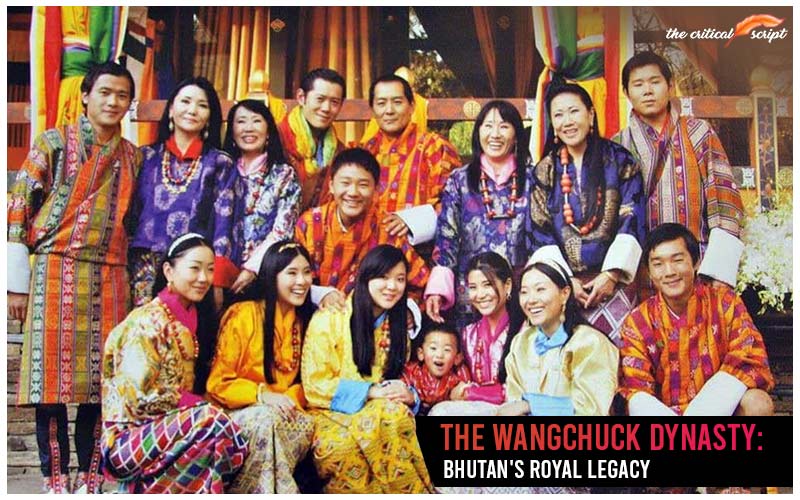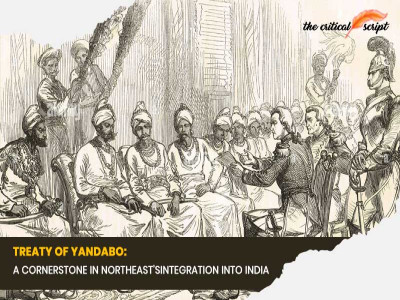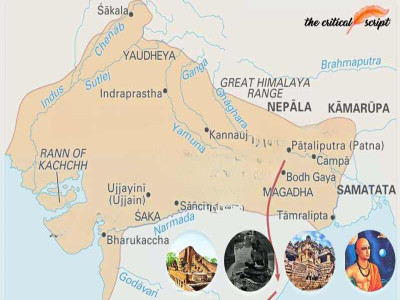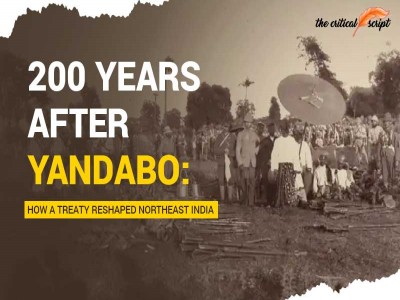
The Wangchuck Dynasty: Bhutan's Royal Legacy
Introduction
The Wangchuck dynasty, established in 1907, has been the cornerstone of
Bhutan's modern identity. Known for its role in unifying the country and
steering it through significant socio-political transformations, the Wangchuck
lineage has played a pivotal role in shaping Bhutan's contemporary history
while preserving its cultural heritage.
Founding of the Dynasty
The Wangchuck dynasty was founded by King UgyenWangchuck, who was
elected as the first King of Bhutan in 1907. Prior to his reign, Bhutan was a
fragmented region with local chieftains vying for power. King UgyenWangchuck's
ascension marked the end of internal conflicts and the beginning of a
centralized monarchy, laying the foundation for modern Bhutan. His leadership
helped consolidate the country and establish a unified administration.
King UgyenWangchuck (1907-1926)
King UgyenWangchuck’s reign was characterized by efforts to stabilize
and consolidate Bhutan. He established a centralized government and worked to
maintain peace within the kingdom. His tenure laid the groundwork for Bhutan's
future development and was instrumental in shaping the early stages of the
Wangchuck dynasty.
King Jigme Wangchuck (1926-1952)
Succeeding his father, King Jigme Wangchuck continued the work of
consolidating the monarchy. His reign was marked by a period of relative
stability and gradual modernization. Although his role was largely focused on
maintaining internal peace and diplomacy, his contributions were essential in
preparing Bhutan for the changes that would come with his successor.
King Jigme DorjiWangchuck (1952-1964)
King Jigme DorjiWangchuck, the third monarch, is
often regarded as the "Father of Modern Bhutan." His reign was
transformative, marked by significant reforms aimed at modernizing Bhutan. He
introduced a series of changes, including the creation of the National
Assembly, the development of infrastructure, and the initiation of social and
economic reforms. These efforts laid the foundation for Bhutan's modern state
and governance structures.
King Jigme SingyeWangchuck (1972-2006)
King Jigme SingyeWangchuck, the fourth King of
Bhutan, continued the modernization process initiated by his father. His reign
is notable for the introduction of Gross National Happiness (GNH), a unique
development philosophy that prioritizes well-being and environmental
sustainability over mere economic growth. In a historic move, King Jigme
SingyeWangchuck also announced his decision to abdicate the throne in favor of
his son and to transition Bhutan to a constitutional monarchy, ensuring a democratic
process while maintaining the monarchy’s symbolic role.
King Jigme KhesarNamgyelWangchuck (2008-Present)
King Jigme KhesarNamgyelWangchuck, the
current monarch, ascended the throne in 2008 as Bhutan transitioned to a
constitutional democracy. His reign has been characterized by efforts to
balance modernization with the preservation of Bhutan's cultural heritage. King
Jigme Khesar has focused on fostering economic development, promoting
education, and addressing contemporary challenges while maintaining the values
of Gross National Happiness.
Cultural and Social Impact
The Wangchuck dynasty has been instrumental in preserving Bhutan’s
unique cultural and religious traditions. The monarchy's role extends beyond
politics, encompassing the protection and promotion of Bhutanese culture and
values. The Kings of Bhutan have been seen not only as political leaders but
also as guardians of the nation’s heritage and promoters of its distinctive
identity.
The Wangchuck dynasty has played a crucial role in shaping modern
Bhutan. From its establishment in the early 20th century to its present status,
the dynasty has guided Bhutan through periods of significant change, balancing
modernization with tradition. The legacy of the Wangchuck lineage continues to
influence Bhutan’s political, cultural, and social life, making it a central
pillar of the nation’s identity and development.
Disclaimer: The opinions expressed in this article are those of the author's. They do not purport to reflect the opinions or views of The Critical Script or its editor.

Newsletter!!!
Subscribe to our weekly Newsletter and stay tuned.

















Related Comments